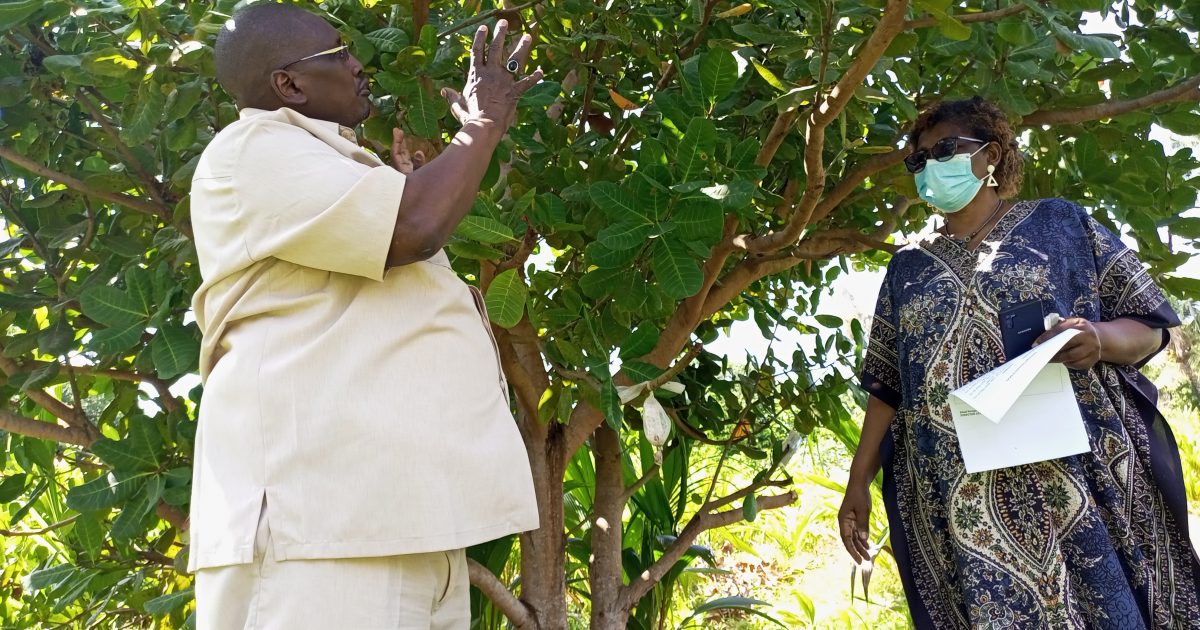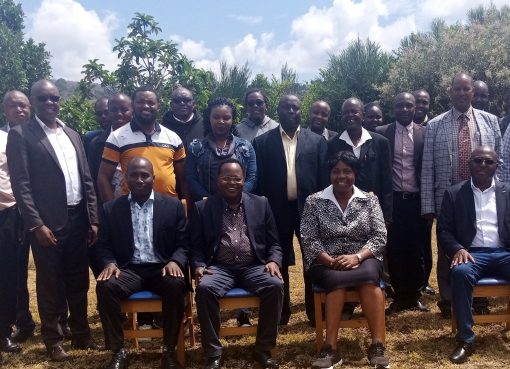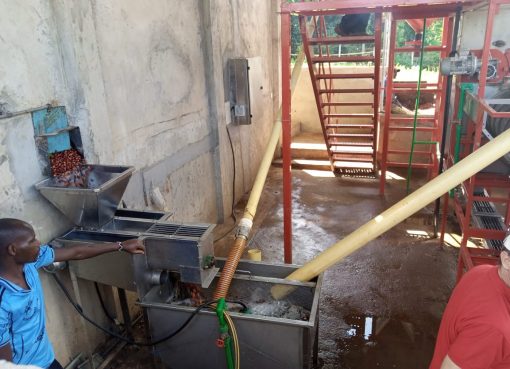Kenya Agriculture and Livestock Research Organisation (Kalro) has developed a new technology to boost cashew nut production.
Kalro Director General (DG) Eliud Kiplimo Kireger also said a massive programme has been rolled out that will empower cashew nut farmers in the Coast region to achieve their potential.
Kireger said the research body has embarked on a programme to train the farmers at the grassroots level on the new technologies and distribute the new variety of seedlings it has developed.
Speaking during an eight-day training for cashew nut farmers from Lamu County at Kalro Mtwapa on Saturday, Kireger said farmers in the Coast currently produce 10kg of the cashew nuts per tree whereas there is potential to produce up to 70kg per t
“The main constraints have been reliance on aged trees, poor varieties, poor agronomic management, pest and diseases, fluctuating market prices and weak farmer organizations,” he added.
The DG disclosed that Kalro has developed 14 cashew nut varieties, four of which have been certified already and have a potential to produce 1,680kg per acre compared to current yields of 500kg per acre.
He further noted that cashew nut farming in Kenya covers about 23,000 hectares of land with an annual production of about 15,000 metric tons of nuts valued at Sh397.4 million.
“However, the potential production is under about 70,000 hectares of land with an annual production of 45,000 metric tons valued at about Sh1billion,” Kireger said.The Kalro boss said there is increased demand for cashew nuts and its products locally and internationally, and added that Kenya has great potential to exploit this opportunity.
He said cashew farming is ranked third in world production of edible nuts that are traded globally, adding that potential export markets include China, Japan, India, Netherlands, Israel, Pakistan, Sudan, Saudi Arabia, South Africa and the United Kingdom.
Kireger said cashew is a perennial tree crop with good tolerance to water stress making it an exceptionally suitable crop for up scaling as a climate smart technology that can help the majority of farmers cope with the effects of climate change.
He said the crop thrives in well-drained sandy loam soils in tropical climates where
temperatures average between 24 and 28 degree Celsius, although the trees can also survive at 40 degree Celsius.
According to Kalro, cashew nut grows in areas between zero and 1,000 metres above sea level,but the ideal altitude is 600 metres above sea level. Rainfall requirements range between 600 to 1,200mm per year but can also grow in areas of low rainfall of 400mm
The major cashew nut producing counties in the Coast are Kilifi, Kwale, Tana River and Lamu with minimal production found in Taita Taveta County.
Other Counties doing cashew nut farming in the country include Tharaka-Nithi, Embu, Meru and, most recently, Makueni and Busia Counties, although on small scale.
The training is sponsored by the government and the World Bank through the Kenya Climate Smart Agriculture Project (KCSAP) to support the Big Four Agenda.
Kalro has seven centres in the Coast, including in Lamu, Malindi, Mtwapa, Matuga, Kikoneni, Mariakani and Bachuma that support agriculture and livestock research.
By Mohammed Hassan





